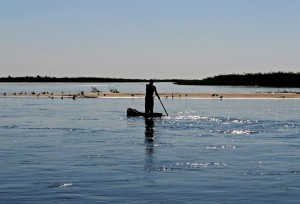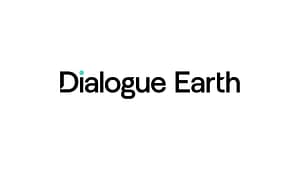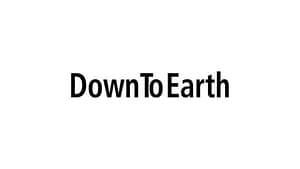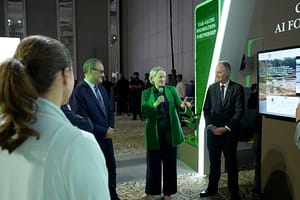Africa’s wetlands are under immense pressure. We agree on that, every time we meet.
Finding better ways to manage and protect them is a burning issue. We agree on that as well, every time we meet.Wetlands managers face similar challenges across the continent, and appreciate opportunities to compare notes and share experiences. Again, we agree on that, every time we meet.
And then our meetings, projects or workshops end.
In July 2013, the Rwanda Environmental Management Authority, in partnership with the Ramsar Secretariat, UNESCO-IHE Institute for Water Education and Wageningen University Centre for Development and Innovation (CDI), convened the first international forum on Wetlands in Kigali, Rwanda. The forum set out to explore ways to a better understanding of wetland services, and link it with policies and communication for wetland management. It employed a bottom-up participatory process, involving around a 110 participants to develop proposals for activities for the management and protection of African wetlands.
The Wetlandsforum.net initiative directly reflects a loose vision developed by the participants of the Kigali Wetlands Forum. The first network events created a clear sense of community between the participating wetlands managers and scientists. Participants expressed urgency in taking action for better management and protection of wetlands, but highlighted that capacities are limited and integration with dominant policy fields (economic development, agriculture) is weak.
Wetlandsforum.net aims to establish an active and self-sustaining African community of practice for wetlands scientists and managers seeking to
- explore innovative mechanisms and tools for better wetland management in the face of human needs for development, food and water security, and identify strategies for more comprehensive implementation of existing polices for safeguarding the services that wetlands provide,
- improve the understanding of the links with multi-sectoral interests and local livelihoods,
- exchange and disseminate knowledge and best practices and build capacities across relevant African institutions,
- support the mainstreaming the values of water and wetlands into decision-making.




 Women in Mandla, Madhya Pradesh are becoming leaders of their homestead farms.
Women in Mandla, Madhya Pradesh are becoming leaders of their homestead farms. Mark Smith, IWMI's director general shares insights on how governments can plan and implement policies to manage future water risks in food systems.
Mark Smith, IWMI's director general shares insights on how governments can plan and implement policies to manage future water risks in food systems. Alok Sikka and Giriraj Amarnath reflect on how, through partnerships with institutions like IWMI, Bharat-VISTAAR can evolve from a data platform into a decision-ready public good.
Alok Sikka and Giriraj Amarnath reflect on how, through partnerships with institutions like IWMI, Bharat-VISTAAR can evolve from a data platform into a decision-ready public good. IWMI's Muhammad Ashraf shares expert insight on sustainable groundwater management to address Balochistan's water crisis.
IWMI's Muhammad Ashraf shares expert insight on sustainable groundwater management to address Balochistan's water crisis. Through CGIAR’s AI Hub, IWMI researchers lend expertise to a global push to apply AI in agriculture and water resilience.
Through CGIAR’s AI Hub, IWMI researchers lend expertise to a global push to apply AI in agriculture and water resilience.